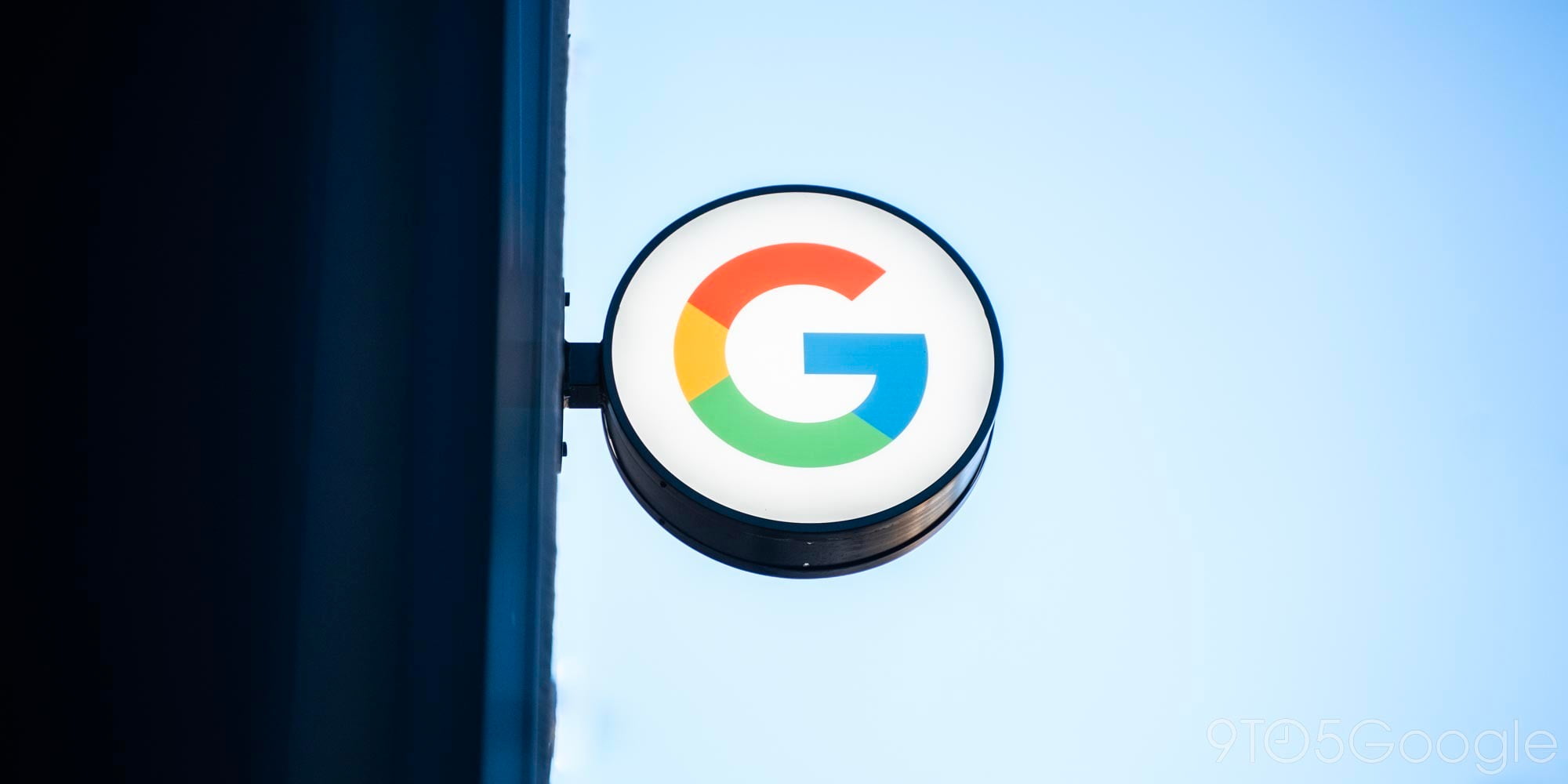
For the past two years, Google has seemingly moved from one internal scandal to another. Underlying the struggle over the anti-diversity memo, Maven, Dragonfly, and payouts despite executive sexual misconduct is a feeling among employees that they have a reduced say within Google. A profile today looks at the brewing “civil war” for “Old Google.”
Fortune today published a long piece “Inside Google’s Civil War” that boils down to Googlers no longer feeling that they have a voice at the company and can contribute to the decision-making process.
This “right” that many employees feel they’re entitled to stems from the company’s founding and best crystalized by the IPO letter from Larry Page in 2004:
Google is not a conventional company. We do not intend to become one. Throughout Google’s evolution as a privately held company, we have managed Google differently. We have also emphasized an atmosphere of creativity and challenge, which has helped us provide unbiased, accurate and free access to information for those who rely on us around the world.
Employees interviewed by Fortune refer to the period when their input made a difference as “Old Google.” This is in contrast to “New Google” where “the communication and trust between the rank and file and executives is in decline.”
Decision-making power, some say, is now concentrated at the very top of a company run by executives who are increasingly driven by conventional business metrics.
Project Maven’s work on leveraging machine learning to analyze drone footage brought to light the issue of employees being able to decide what they work on and how their labor impacts the world. Googlers were ultimately successful in halting Maven and Dragonfly — a planned re-entry into China with a censored search engine — last year. However, they see the level of secrecy behind those projects as an attempt to exclude them from the process.
However, the counterargument to this level of employee participation is that companies are inherently not democracies. Sundar Pichai last year said Google wasn’t run by referendum. The company also argues that the internal activists don’t represent the entire workforce.
The Google CEO ultimately has to contend with profitability especially in light of the money making ads business no longer growing at the same rate. Maven and Dragonfly were two attempts to diversify revenue through government contracts and expanding into a one billion user market, respectively.
The full Fortune article is an interesting read that also goes into the company’s stance towards leaking, transparency, and open culture.
FTC: We use income earning auto affiliate links. More.

Comments